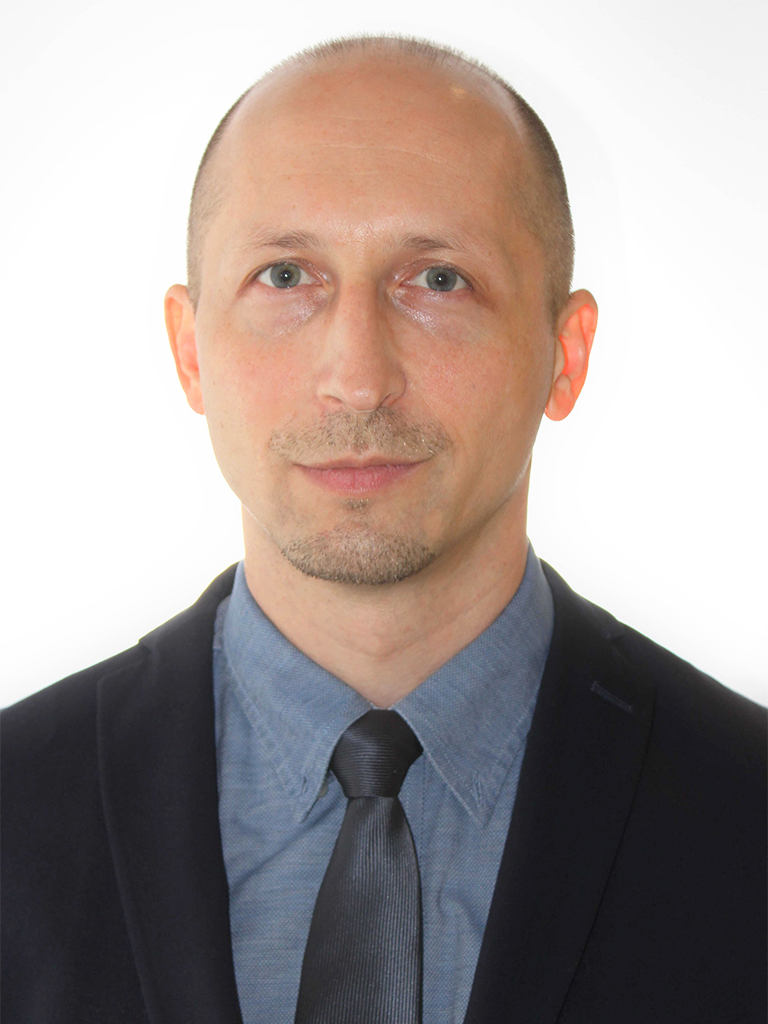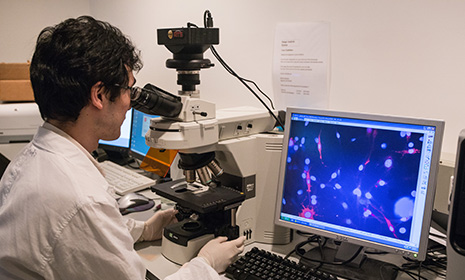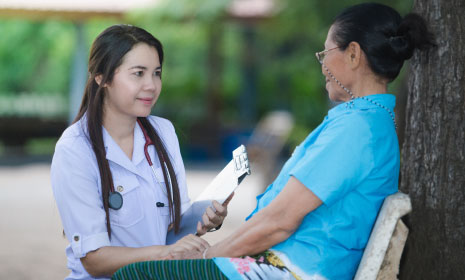Pedišić, Željko

Division of Kinesiology
- MEd (UniZg), PhD (UniZg)
| 2831 5245 | |
| pedisic@hku.hk | |
| ORCID: Pedišić, Željko |
Biography
Professor Željko Pedišić has joined the School of Public Health of the University of Hong Kong after 19 years of service at the University of Graz (Postdoctoral Research Fellow), University of Sydney (Postdoctoral Research Fellow), University of Zagreb (Senior Research Fellow / Senior Lecturer in Quantitative Methods), and Victoria University (Professor and Leader of the Active Living & Public Health research group). He is the President of the International Network of Time-Use Epidemiologists (INTUE), with >200 members from 42 countries.
His research is centred around chronic disease prevention and promotion of well-being through healthy use of time. His interests span: prevalence, determinants, and outcomes of unhealthy time use; statistical and measurement methods in time-use epidemiology; and public health surveillance, policies, and interventions. He is the author of the Activity Balance (AB) model, Comprehensive Analysis of Policy on Physical Activity (CAPPA) framework, and Viable Integrative Research in Time-Use Epidemiology (VIRTUE) framework. He has been at the forefront of a major paradigm change in physical activity, sedentary behaviour, and sleep research, resulting in the development of time-use epidemiology as a new research field and widespread adoption of Compositional Data Analysis (CoDA) in public health research.
He has authored >140 full-text publications, of which ∼60% as the first, senior and/or corresponding author and ∼20% as the second author. As a supervisor and methodological consultant, he has contributed to 4 bachelor, 25 master, and 17 PhD research theses. He has repeatedly achieved outstanding success in research dissemination, including authorship of two journal articles with Altmetric scores of ∼3500 and guest interviews with large news media, such as BBC, CNN, Discover Magazine, Healthline, Popular Science, The Guardian, and TIME Magazine.
He is currently ranked among the top 0.28% of researchers globally in all fields of science, according to the Science-Wide Author Database of Standardized Citation Indicators published by Elsevier. He has been continuously ranked among the top 1% of researchers globally since 2020.Selected Publications
- Healy, S., Patterson, F., Biddle, S., Dumuid, D., Glorieux, I., Olds, T., . . . Pedisic, Z. (2024). It’s about time to exercise: development of the Exercise Participation Explained in Relation to Time (EXPERT) model. British Journal of Sports Medicine. 58(19), 1131-1144.
- Jaskova, P., Palarea-Albaladejo, J., Gaba, A., Dumuid, D., Pedisic, Z., Pelclova, J., Hron, K. (2023). Compositional functional regression and isotemporal substitution analysis: methods and application in time-use epidemiology. Statistical Methods in Medical Research. 32(10), 1-17.
- Ramirez Varela, A., Hallal, P. C., Mejia, J., Pedisic, Z., Salvo, D., Nguyen, A., . . . Pratt, M. (2023). Status and trends of physical activity surveillance, policy, and research in 164 countries: findings from the Global Observatory for Physical Activity - GoPA! 2015 and 2020 surveys. Journal of Physical Activity and Health. 20(2), 112-128.
- Oja, P., Memon, A. R., Titze, S., Jurakic, D., Chen, S.-T., Shrestha, N., . . . Pedisic, Z. (2024). Health Benefits of Different Sports: a Systematic Review and Meta-Analysis of Longitudinal and Intervention Studies Including 2.6 Million Adult Participants. Sports Medicine-Open. 10(46), 1-17.
- Aubert, S., Barnes, J. D., Demchenko, I., Hawthorne, M., Abdeta, C., Abi Nader, P., . . . Pedisic, Z., . . . Tremblay, M. S. (2022). Global Matrix 4.0 Physical Activity Report Card grades for children and adolescents: results and analyses from 57 countries. Journal of Physical Activity and Health, 19(11), 700-728.
- Klepac Pogrmilovic, B., Ramirez Varela, A., Pratt, M., Milton, K., Bauman, A., Biddle, S.J.H., Pedisic, Z. (2020). National Physical Activity and Sedentary Behaviour Policies in 76 countries: Availability, Comprehensiveness, Implementation, and Effectiveness. International Journal of Behavioral Nutrition and Physical Activity. 17(116), 1-13.
- Pedisic, Z., Shrestha, N., Kovalchik, S., Stamatakis, E., Liangruenrom, N., Grgic, J., . . . Oja, P. (2020). Is running associated with a lower risk of all-cause, cardiovascular and cancer mortality, and is the more the better? A systematic review and meta-analysis. British Journal of Sports Medicine. 54(15), 898-905.
- Liangruenrom, N., Dumuid, D., Craike, M., Biddle, S. J. H., Pedisic, Z. (2020). Trends and Correlates of Meeting 24-Hour Movement Guidelines: a 15-year Study among 167,577 Thai Adults. International Journal of Behavioral Nutrition and Physical Activity. 17(106), 1-17.
- Dumuid, D., Pedisic, Z., Stanford, T. E., Martín-Fernández, J. A., Hron, K., Maher, C., Lewis, L.K., Olds, T. (2019). The Compositional Isotemporal Substitution Model: A method for estimating changes in a health outcome for reallocation of time between sleep, sedentary behaviour, and physical activity. Statistical Methods in Medical Research. 28(3), 846-857.
- Pedisic, Z., Dumuid, D., Olds, T. (2017). Integrating sleep, sedentary behaviour, and physical activity research in the emerging field of time-use epidemiology: definitions, concepts, statistical methods, theoretical framework, and future directions. Kinesiology, 49(2), 252-269.








.png)
